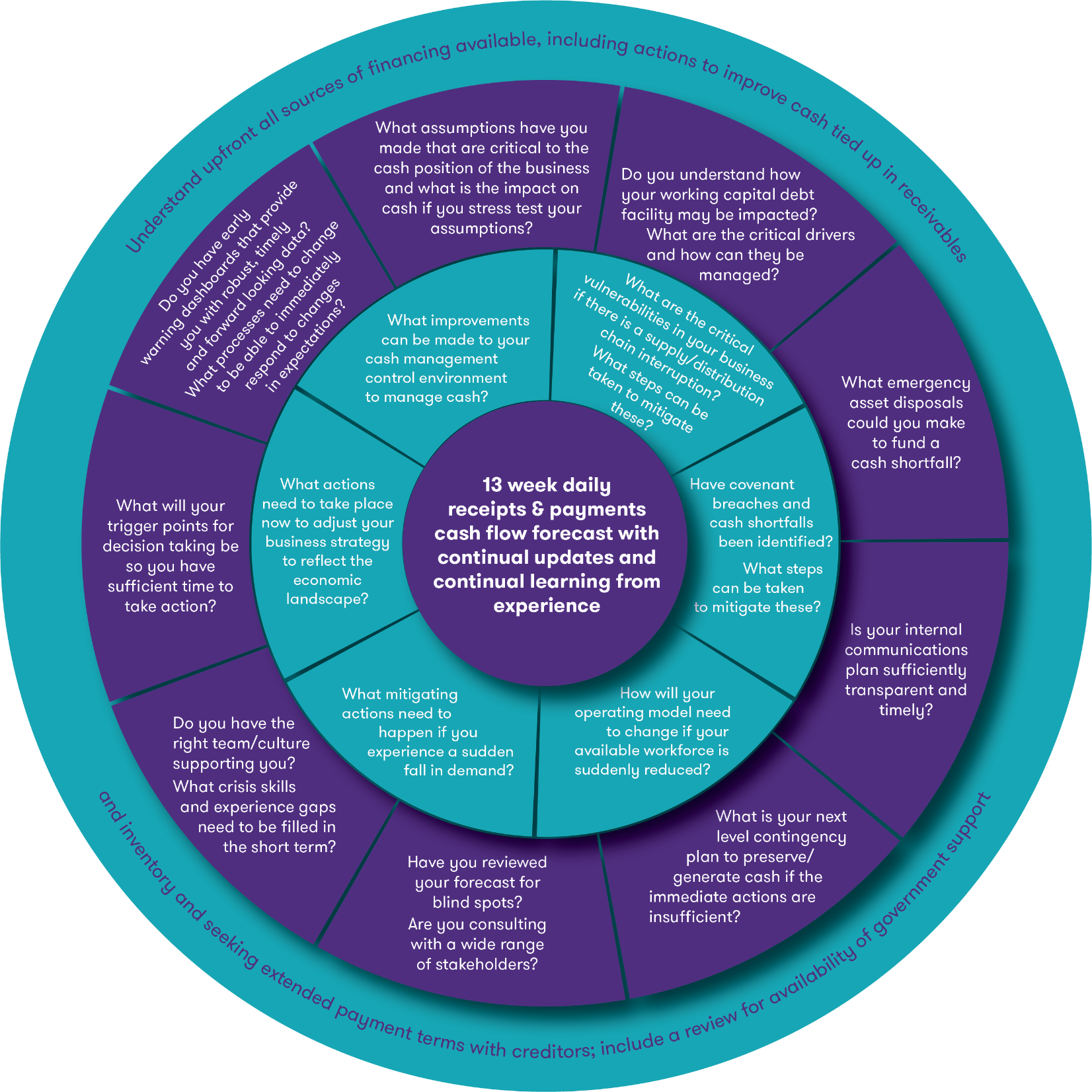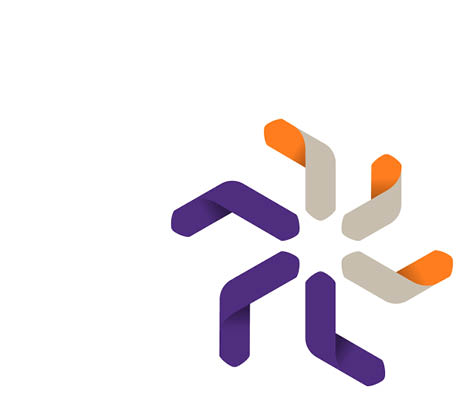-
Aviation Advisory
Our dedicated Aviation Advisory team bring best-in-class expertise across modelling, lease management, financial accounting and transaction execution as well as technical services completed by certified engineers.
-
Consulting
Our Consulting team guarantees quick turnarounds, lower partner-to-staff ratio than most and superior results delivered on a range of services.
-
Business Risk Services
Our Business Risk Services team deliver practical and pragmatic solutions that support clients in growing and protecting the inherent value of their businesses.
-
Deal Advisory
Our experienced Deal Advisory team has provided a range of transaction, valuation, deal advisory and restructuring services to clients for the past two decades.
-
Forensic Accounting
Our Forensic and Investigation Services team have targeted solutions to solve difficult challenges - making the difference between finding the truth or being left in the dark.
-
Financial Accounting and Advisory
Our FAAS team designs and implements creative solutions for organisations expanding into new markets or undertaking functional financial transformations.
-
Restructuring
Grant Thornton is Ireland’s leading provider of insolvency and corporate recovery solutions.
-
Risk Advisory
Our Risk Advisory team delivers innovative solutions and strategic insights for the Financial Services sector, addressing disruptive forces, regulatory changes, and emerging trends to enhance risk management and foster competitive advantage.
-
Sustainability Advisory
Our Sustainability Advisory team works with clients to accelerate their sustainability journey through innovative and pragmatic solutions.

-
 Asset management Asset management of the futureIn today’s global asset management landscape, there is an almost constant onslaught of change and complexity. To combat such complex change, asset managers need a consolidated approach. Read our publication and find out more about what you can achieve by choosing to work with us.
Asset management Asset management of the futureIn today’s global asset management landscape, there is an almost constant onslaught of change and complexity. To combat such complex change, asset managers need a consolidated approach. Read our publication and find out more about what you can achieve by choosing to work with us. -
 Internal Audit Maintaining Compliance with New EU Pension Directive IORP IIOn 28 April 2021, the Irish Government transposed IORP II (Institution for Occupational Retirement Provision), an EU directive on the activities and supervision of pension schemes, into law.
Internal Audit Maintaining Compliance with New EU Pension Directive IORP IIOn 28 April 2021, the Irish Government transposed IORP II (Institution for Occupational Retirement Provision), an EU directive on the activities and supervision of pension schemes, into law. -
 Risk, Compliance and Professional Standards FRED 82 – Periodic Updates to FRS 100 – 105The concept of a new suite of standards for the UK and Ireland, aligning with international financial reporting standards, was first conceived in 2002
Risk, Compliance and Professional Standards FRED 82 – Periodic Updates to FRS 100 – 105The concept of a new suite of standards for the UK and Ireland, aligning with international financial reporting standards, was first conceived in 2002 -
 Audit and Assurance Auditor transition: how to achieve a smooth changeoverAppointing new auditors may seem like a daunting task that will be disruptive to your business and a drain on the finance function. Nevertheless, there are a multitude of reasons to consider a change, including simply seeking a ‘fresh look’ at the business.
Audit and Assurance Auditor transition: how to achieve a smooth changeoverAppointing new auditors may seem like a daunting task that will be disruptive to your business and a drain on the finance function. Nevertheless, there are a multitude of reasons to consider a change, including simply seeking a ‘fresh look’ at the business.
-
Corporate Tax
Our Corporate Tax team is made up of more than 40 highly experienced senior partners and directors who work directly with a wide range of domestic and international clients; covering Corporation Tax, Company Secretarial, Employer Solutions, Global Mobility and Tax Incentives.
-
Financial Services Tax
The Grant Thornton team is made up of experts who are fully up to date in terms of changing and evolving tax legislation. This is combined with industry expertise and an in-depth knowledge of the evolving financial services regulatory landscape.
-
International Tax
We develop close relationships with clients in order to gain a deep understanding of their businesses to ensure they make the right operational decisions. The wrong decision on how a company sells into a new market or establishes a new subsidiary can have major tax implications.
-
Private Client
Grant Thornton’s Private Client Services team can advise you on all areas of financial, pension, investment, succession and inheritance planning. We understand that each individual’s circumstances are different to the next and we tailor our services to suit your specific needs.
-
VAT
Grant Thornton’s team of indirect tax specialists helps a range of clients across a variety of sectors including pharmaceuticals, financial services, construction and property and food to navigate these complexities.

Practical questions for companies impacted by Coronavirus
The economic consequences of the coronavirus (COVID-19) on future trading assumptions, and the direct impact on many companies in the leisure, travel and consumer sectors already, will place some companies under liquidity pressures and potential covenant breaches from their debt facilities.
The Grant Thornton Resilience Wheel is a framework designed to help you have ‘initial’ high level ‘supportive’ conversations within your boardroom as a result of stressed/distressed operating conditions.

Set out below are some further, more granular, considerations you might want to consider, with specific reference to issues heightened by the Coronavirus:
1. Review the critical points in the business and develop contingency plans for interruptions or disruption:
- Supply chain – where are the critical points? Consider stock piling essential supplies (try to create and hold an emergency reserve of critical supplies), ensure alternative sources are identified;
- Who are the essential staff? Establish staff support plans to allow them to continue working (childcare, flexible working, remote working); and
- What reliance does the business have on external support for any business processes/interaction with other businesses (including the supply/delivery chain)? Review for alternate sources of support to allow for loss of business support functions and identify alternate delivery mechanisms, including storage, deferred delivery/production agreements.
2. Set up a crisis management team with representation from key departments or groups:
- meet frequently to discuss and prioritise problems;
- wherever possible, try to anticipate the next problem;
- if you have spare resource, allocate some of it to a ‘hot planning’ group who can react and find solutions to individual problems as they emerge without tying up the whole management team; and
- communicate early, often and frankly with your team – establish a communication system which can reach staff at home or otherwise isolated. Lack of news breeds uncertainty and concern.
3. Set clear policy for staff absence:
- voluntarily absence; or
- if quarantined or unwell.
Consider whether part (or all) of the business should be suspended, and the implications in terms of deactivating equipment, dealing with projects or work in progress, and prepare any necessary steps, announcements or resources necessary to implement the plan if called on at short notice.












